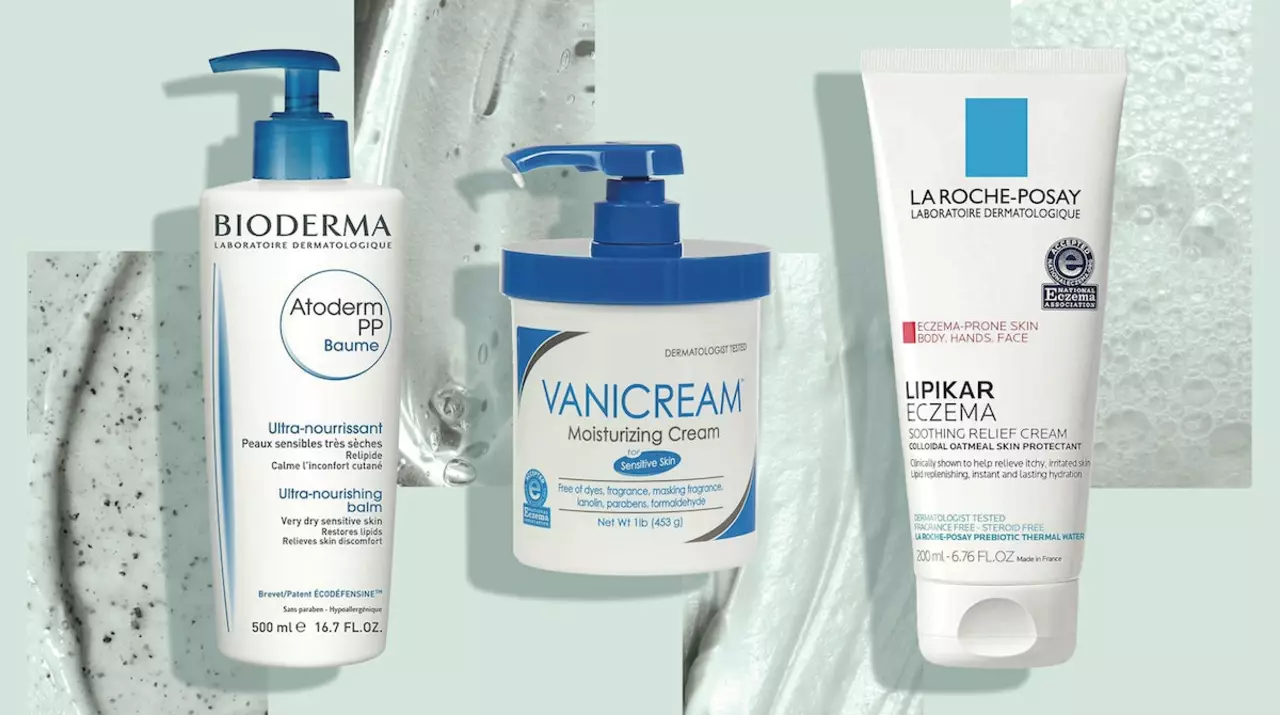Chapped Skin Relief: Simple Tips to Soothe and Prevent
If your hands feel tight, rough, or cracked after a cold snap or endless hand‑washing, you’re dealing with chapped skin. It’s not just annoying—it can bleed, itch, and make everyday tasks uncomfortable. The good news? You can fix it fast with things you already have at home, plus a few habits that stop the problem from coming back.
Quick Home Remedies
The first step is to lock moisture in. As soon as you notice dryness, wash your hands with lukewarm water and a mild, fragrance‑free soap. Hot water strips natural oils, while harsh scents can irritate already sensitive skin.
Pat—don’t rub—your skin dry and immediately apply a thick moisturizer. Look for products that list petrolatum, shea butter, or ceramides. These ingredients create a barrier that seals in water. For an extra boost, cover the moisturized hands with cotton gloves overnight; it’s a cheap hack used by dermatologists.
If cracking is severe, dab a little over‑the‑counter ointment like Aquaphor or a zinc oxide cream on the worst spots. These formulas stay put longer than regular lotions and help the skin heal without forming new cracks.
Long‑Term Prevention
Preventing chapped skin is mostly about protecting your skin’s natural barrier. Keep hand‑washing frequency reasonable—wash only when necessary, and use lukewarm water each time.
Choose a gentle cleanser that’s “soap‑free” or labeled for sensitive skin. Avoid products with alcohol, fragrance, or harsh detergents; they dry out the skin faster than you can re‑moisturize.
Make moisturizing a habit, not an afterthought. Apply a hand cream right after washing, and keep a small tube in your bag, car, or at your desk for quick touch‑ups throughout the day.
When you’re outside in cold, windy weather, wear gloves. Even thin cotton gloves can trap heat and reduce moisture loss. For indoor heating that dries the air, consider using a humidifier to keep ambient humidity around 40–50%.
If you have a condition like eczema or psoriasis, chapped skin may flare up more often. In those cases, talk to a dermatologist about prescription creams that contain steroids or calcineurin inhibitors—they can calm inflammation and speed up repair.
Finally, watch your diet. Staying hydrated and eating foods rich in omega‑3 fatty acids—like salmon, walnuts, or flaxseeds—supports skin health from the inside out.
Chapped skin isn’t something you have to live with. By cleaning smart, moisturizing heavily, and shielding your hands from harsh conditions, you’ll see relief within hours and keep it away for good.
The best moisturizers for chapped skin relief
Chapped skin can be such a pain, especially during colder months. I've recently done some research on the best moisturizers to help relieve this uncomfortable issue. After trying out several products, I found that those containing ceramides, hyaluronic acid, and natural oils work wonders for soothing and healing dry skin. I also discovered that it's essential to choose a moisturizer that's fragrance-free and gentle on sensitive skin. I hope my recommendations will help you find the perfect moisturizer for your chapped skin and bring some much-needed relief!
learn more